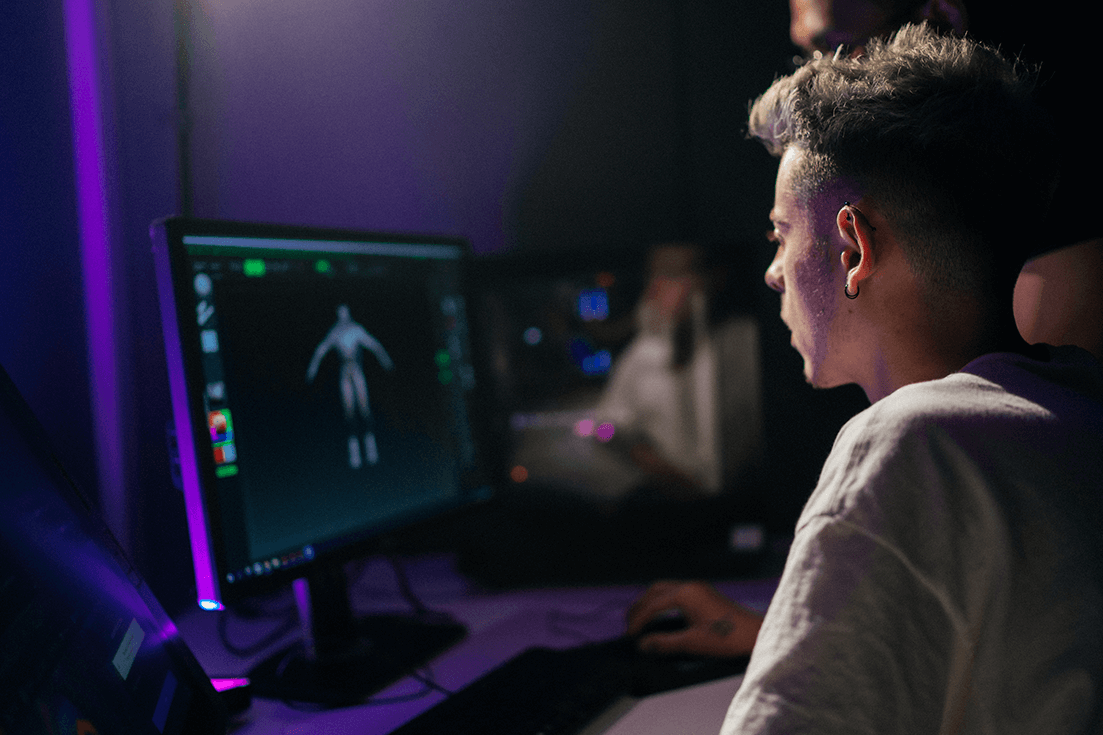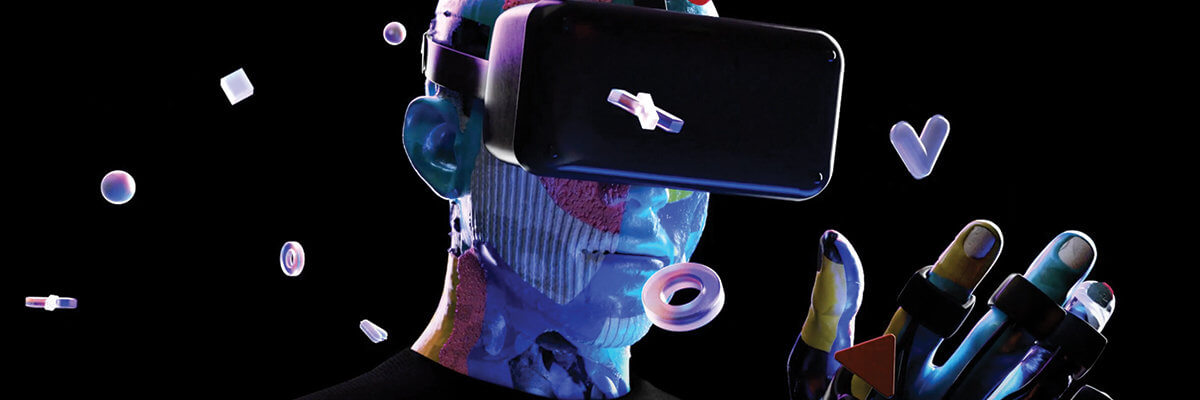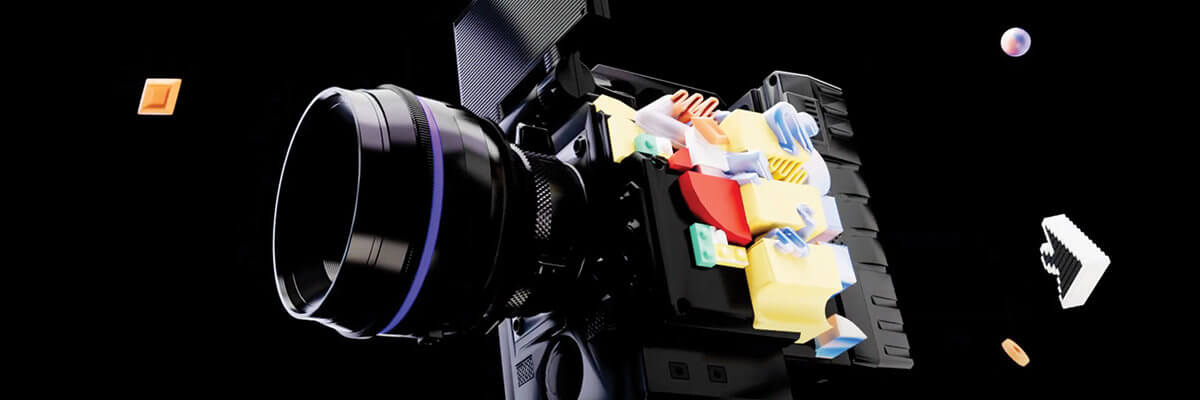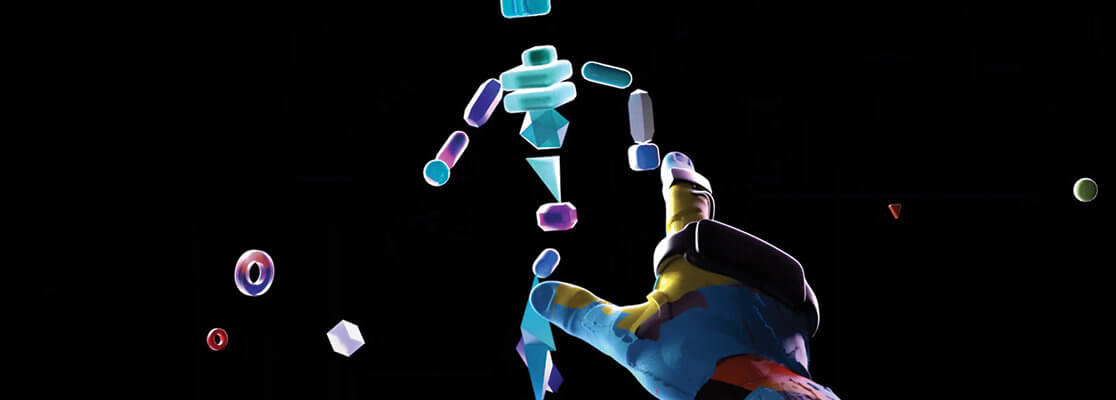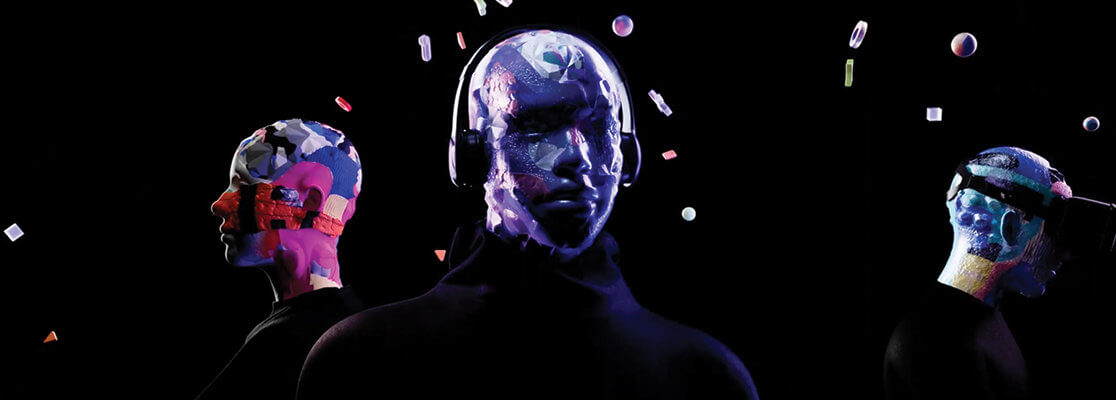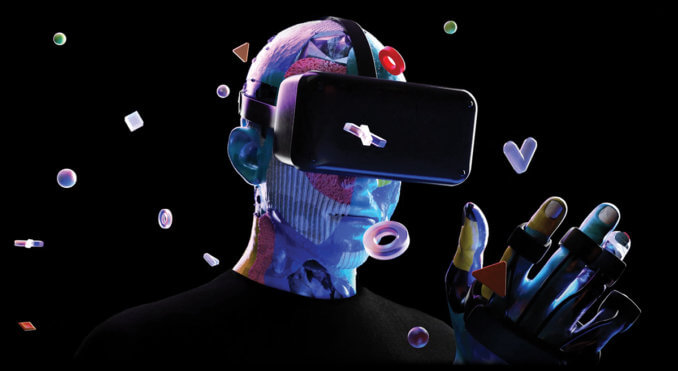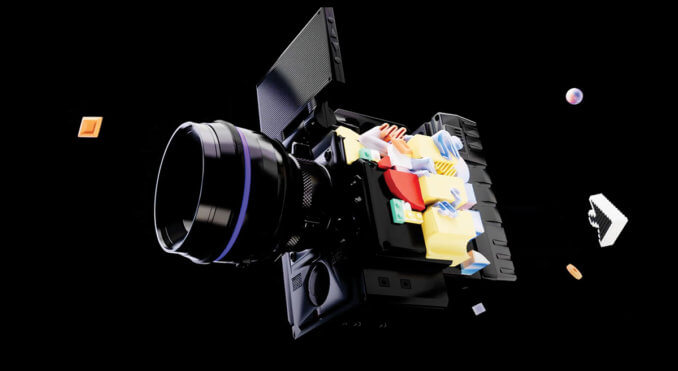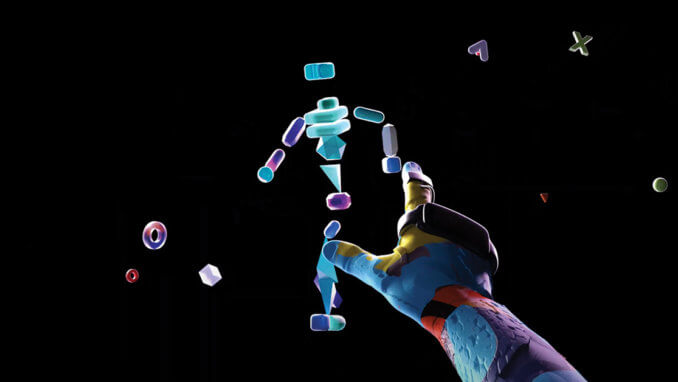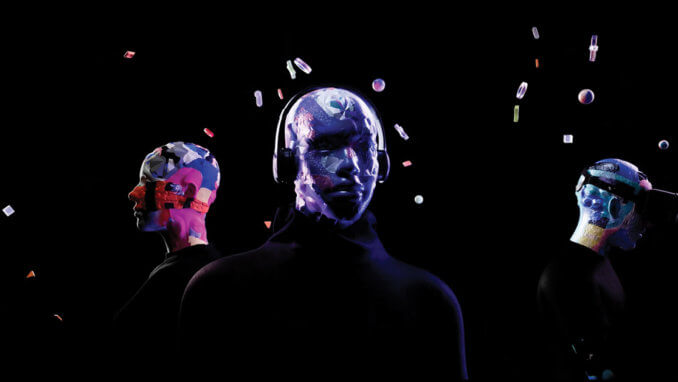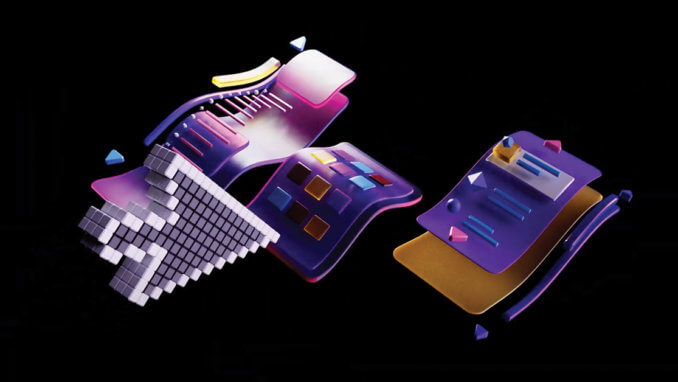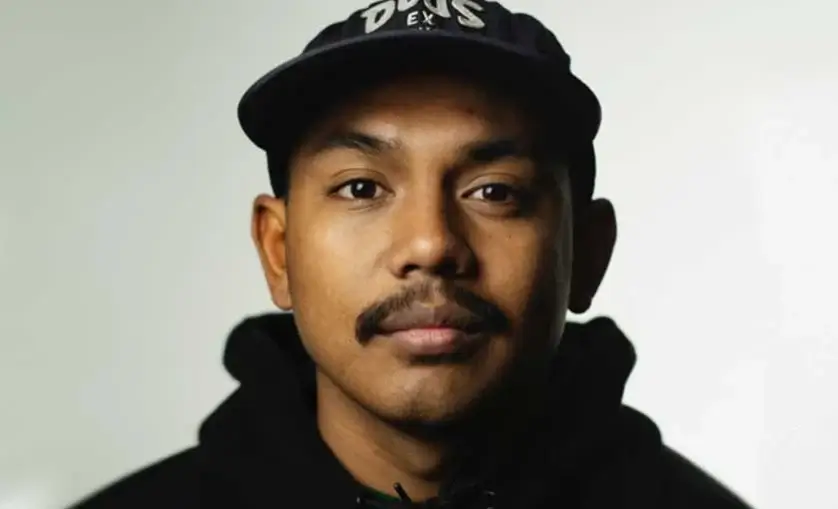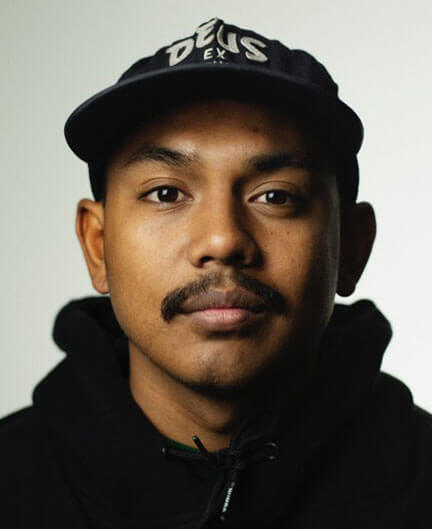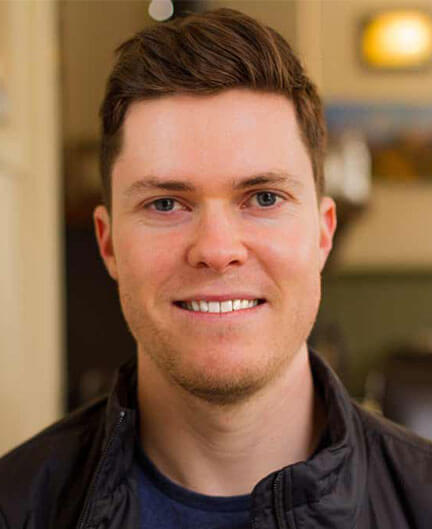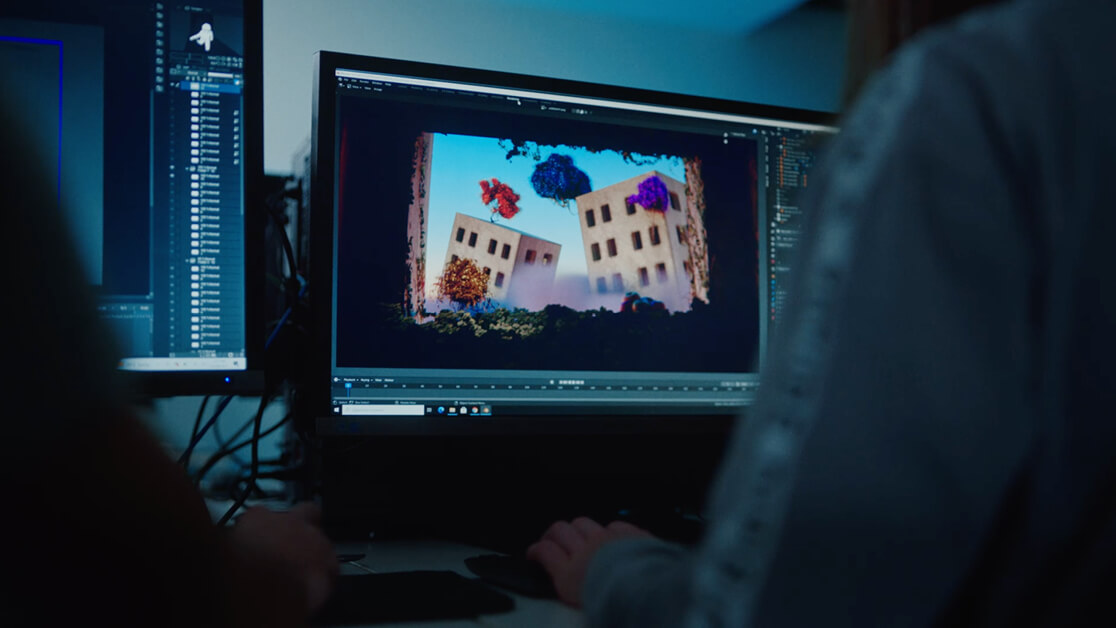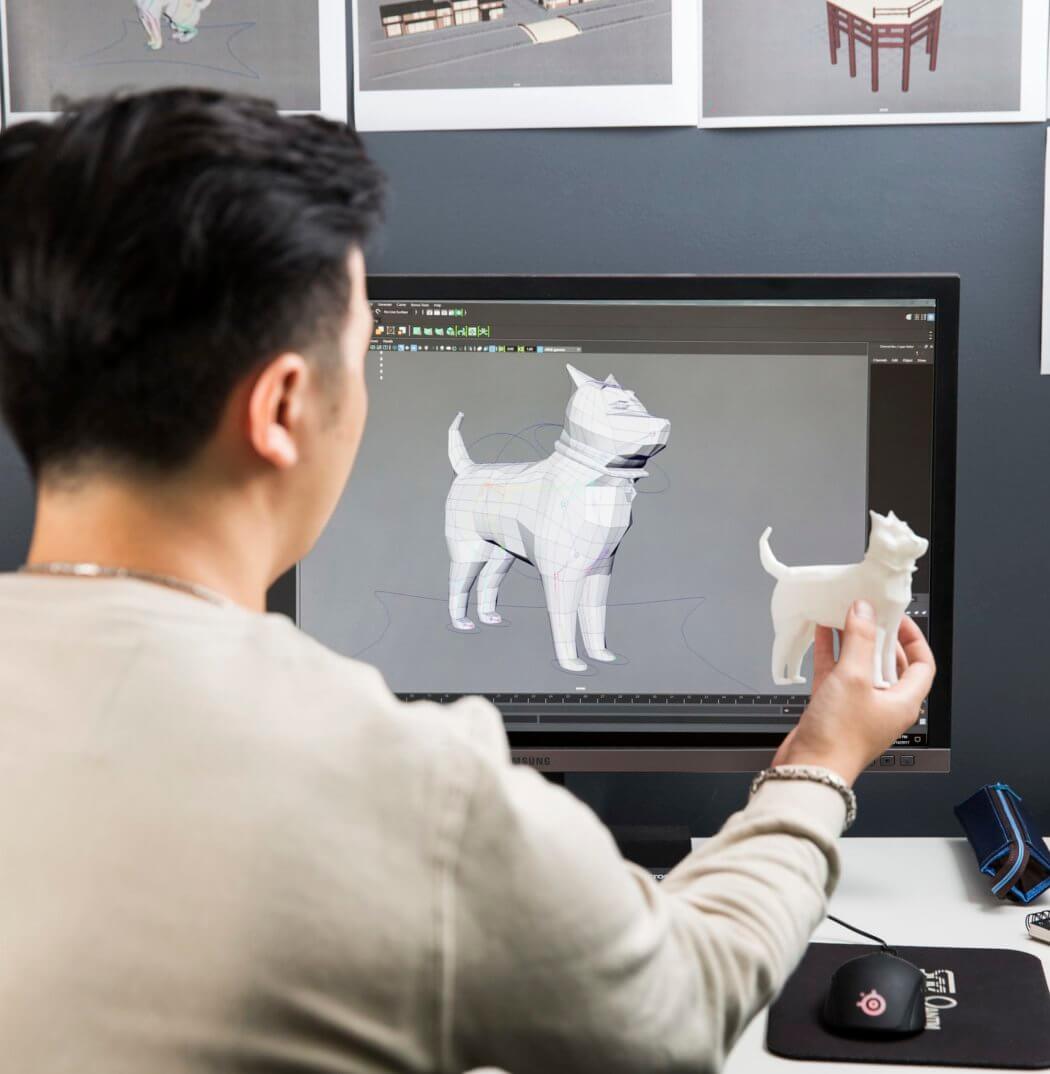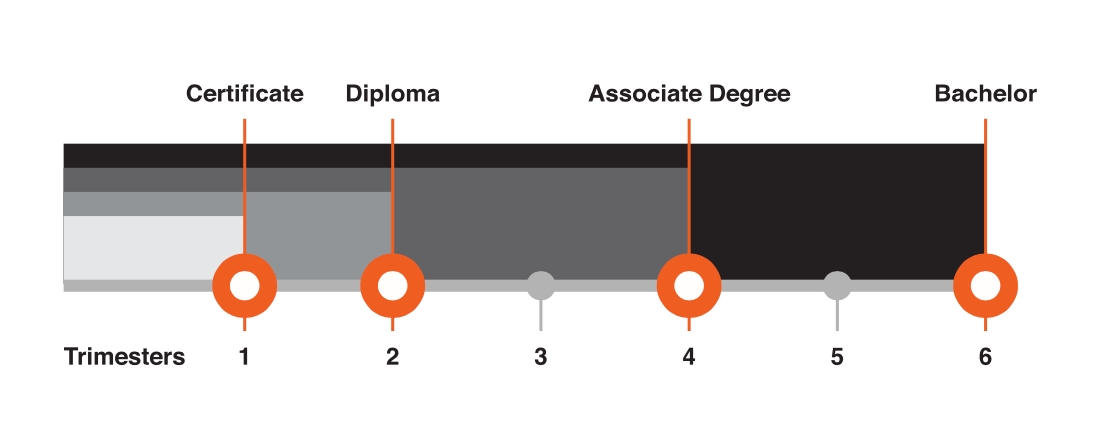Bachelor of Animation
YOUR DREAM CAREER IN ANIMATION IS ONLY LIMITED BY YOUR IMAGINATION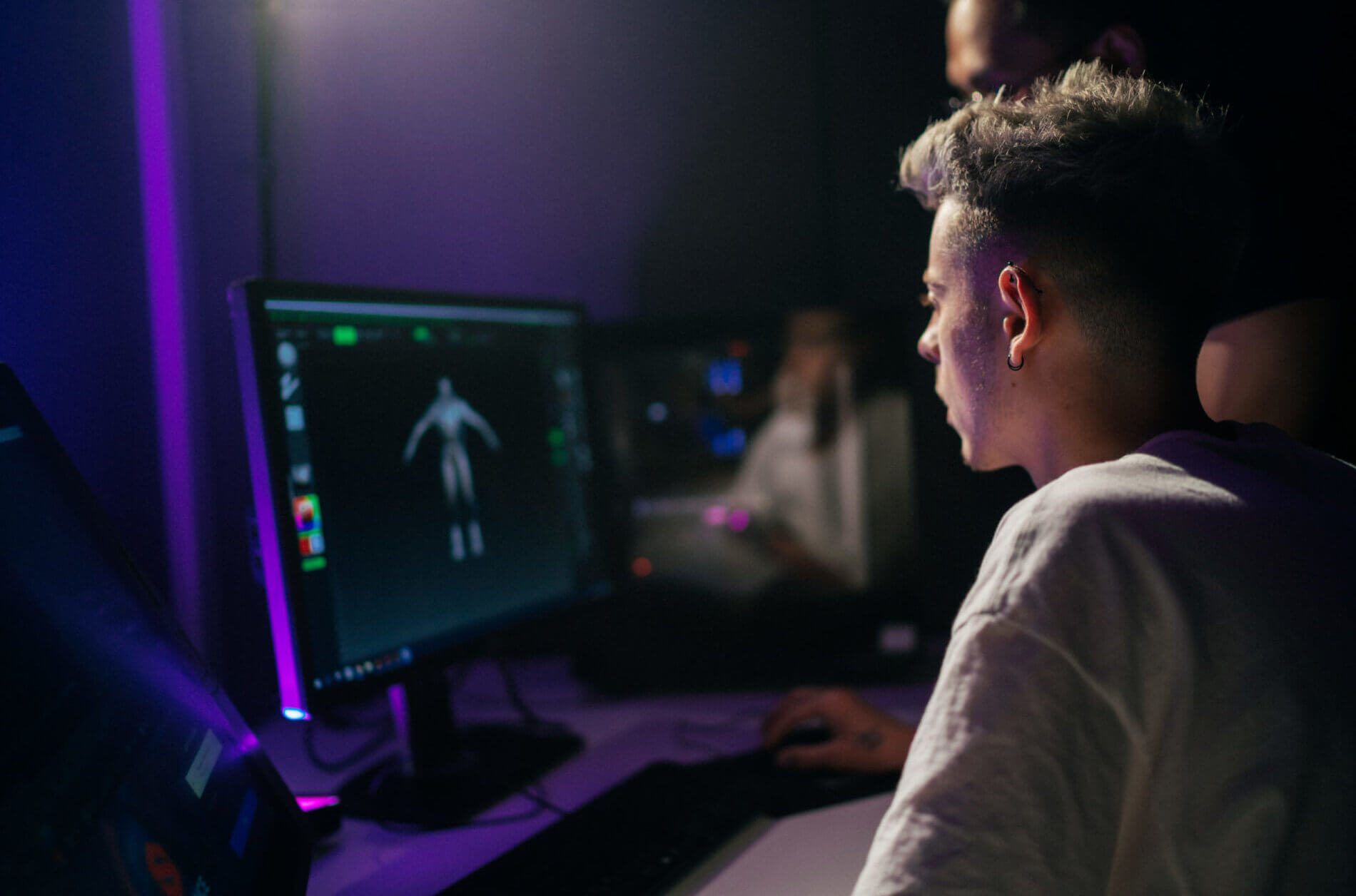
Units x Costs ($AUD)
4 x $3,807
6 x $2,728
4 x $5,456
1 x $8,184
Indicative Annual Course Fees*
(based on 1.0 EFTSL)
$26,140 AUD Year 1
$21,824 AUD Year 2
$21,824 AUD Year 3
Plus Student Services and Amenities Fee (SSAF)
Indicative Total Course Fee*
(based on 3.0 EFTSL)
$69,788 AUD
Plus Student Services and Amenities Fee (SSAF)
* The Indicative Total Course Fee & Indicative Annual Course Fees reflects that students are charged fees on a per unit basis and the fee for a unit may increase.
For more information view the SAE Fee Schedule or visit the Fee & Payment page.
Units x Costs ($AUD)
4 x $4,439
6 x $3,178
4 x $6,356
1 x $9,534
Indicative Annual Course Fees*
(based on 1.0 EFTSL)
$30,468 AUD Year 1
$25,424 AUD Year 2
$25,424 AUD Year 3
Plus Student Services and Amenities Fee (SSAF)
Indicative Total Course Fee*
(based on 3.0 EFTSL)
$81,316 AUD
Plus Student Services and Amenities Fee (SSAF)
* The Indicative Total Course Fee & Indicative Annual Course Fees reflects that students are charged fees on a per unit basis and the fee for a unit may increase.
For more information view the SAE Fee Schedule or visit the Fee & Payment page.
Complete your course faster by studying units across 2 years (6 trimesters).
Complete your course faster by studying units across 2 years (6 trimesters).
Complete the study units across 2.5 years. (8 trimesters).
Whilst still classified as a full-time study load, you will complete course units over a 3 year period (9 trimesters).
If you want to take a little longer, that’s ok too. We’ll help you work out the best study load to suit your needs.
Note: Part-time is not available for international students.
May 2024
September 2024
February 2025
May 2024
September 2024
February 2025
May 2024
September 2024
February 2025
May 2024
September 2024
February 2025
May 2024
September 2024
February 2025
May 2024
September 2024
February 2025
BACHELOR OF ANIMATION
Animation is pure imagination. Few industries allow you to mix art and technology to create what has never been seen before. Animation is also a profession where technical expertise and application are as important as raw talent, and this is where SAE comes in.
Our Bachelor’s degree is all about building your character and credentials by giving you hands-on experience in a broad range of topics related to the Animation and Computer Graphics industries, such as:
- Character Animation (2D/3D)
- Visual Storytelling
- 3D Modelling & Computer Graphics
- Visual Effects & Motion Graphics
- Applying Focus To An Industry Specialisation Role (e.g. Animator, Illustrator, 3D Artist, VFX Artist, Rigger, 3D Character Artist)
- Producing A Polished Major Project Utilising Your Specialist Role Skills
As a student of Animation at SAE, we offer small focused classes and mentoring opportunities you may not find in a larger university. Develop and apply advanced techniques and strategies to use industry software like Autodesk Maya, Autodesk 3ds Max, ToonBoom Harmony, Substance Painter, Unreal Engine 5, SideFX Houdini, Foundry Suite, Pixologic ZBrush and Adobe Creative Suite – to help bring your ideas to life.
Your growth and development as a creative practitioner will be assessed through the completion of industry-based projects. This will help you build a body of work and a portfolio to share with potential employers or first clients.
In preparation for an industry that commands agility and adaptability, you’ll cut your creative teeth on projects in partnership with your course peers. As your skills develop and you work on more dynamic projects, you’ll apply your capabilities to cross-discipline projects. By the end of your course, you could be collaborating with fellow students across all SAE disciplines.
With a Bachelor of Animation, you’ll be ready for cutting-edge industry roles using modern creative business concepts and strategies. Career options include 3D or 2D Animator, Motion Graphics Designer, Junior Rigging TD, Surfacing Artist, or Junior Lighting TD.
Ultimately, this is all about a qualification that will expand your career. There is work placement as part of your course, to provide practical experience and help build your network. We’ll also equip you with employability skills, giving you professional strategies in communication and self-promotion.
Activate your dream career in Animation and make it a reality with SAE.
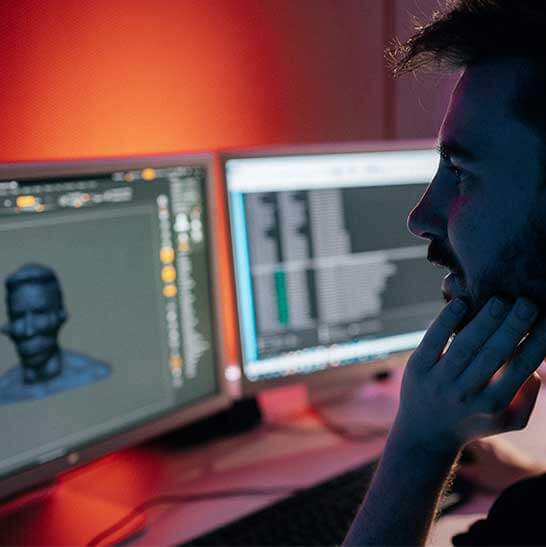
Career Outcomes
What jobs will this course lead to?
3D Generalist
3D or 2D Animator
Concept Artist
Motion Graphics
Designer
Storyboard Artist
Media Industry Specialist
FX Artist
Technical Artist
3D Asset Modeler
3D Character Modeler
Junior Rigging TD
Surfacing Artist
Junior Lighting TD
Production Coordinator
Junior Assembly & Layout Artist
Roto Artist
Junior Matchmover and Cleanup
Junior Compositor
What our students say about SAE
SAE Bachelor of Animation offers:
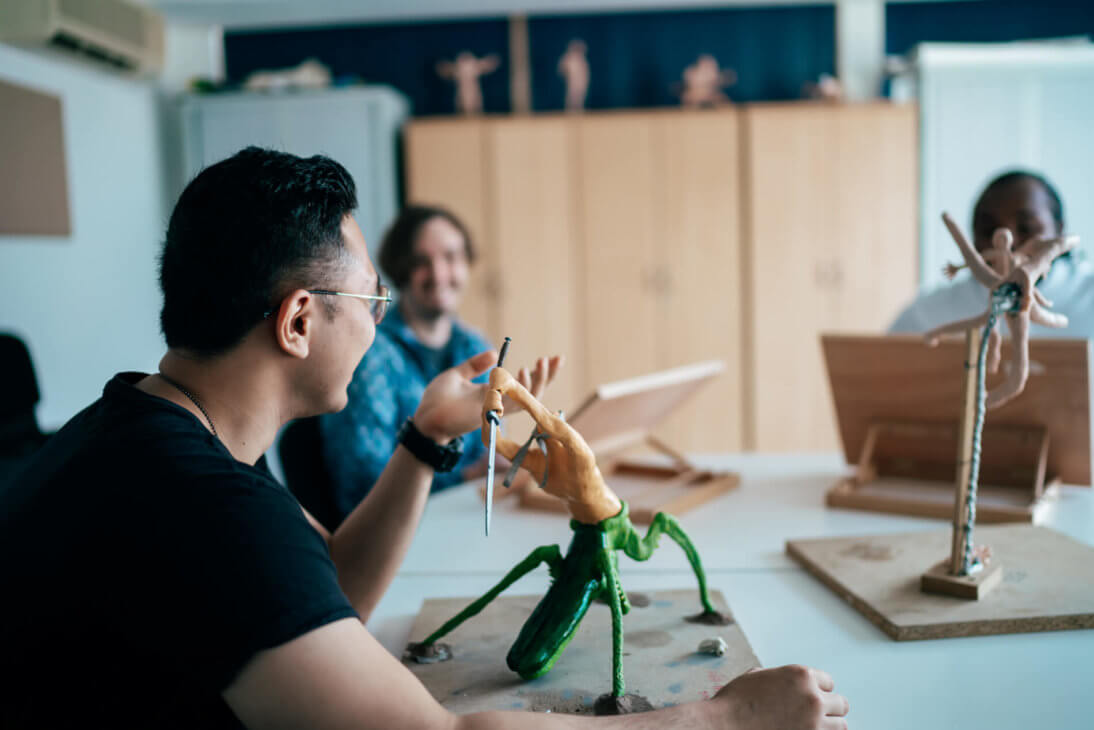
YOUR CAREER IN ANIMATION BEGINS NOW
Tools & Software


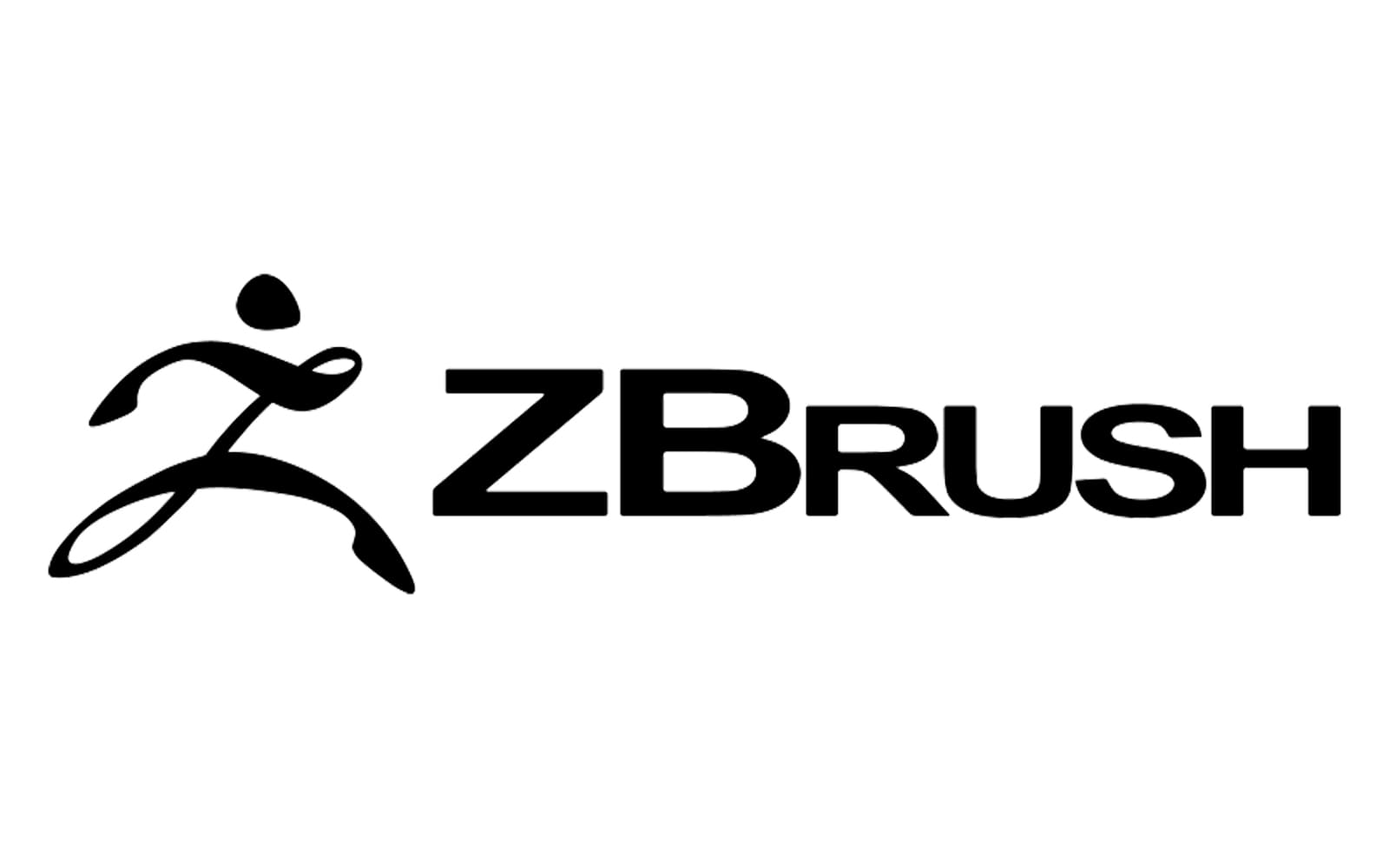



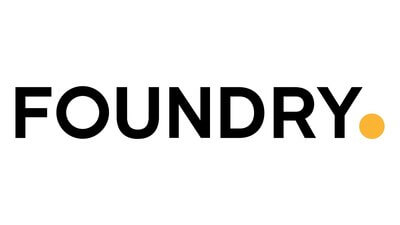
Animation skills
Course Structure
The Bachelor of Animation is broken up into three distinct stages, each designed to develop different skills.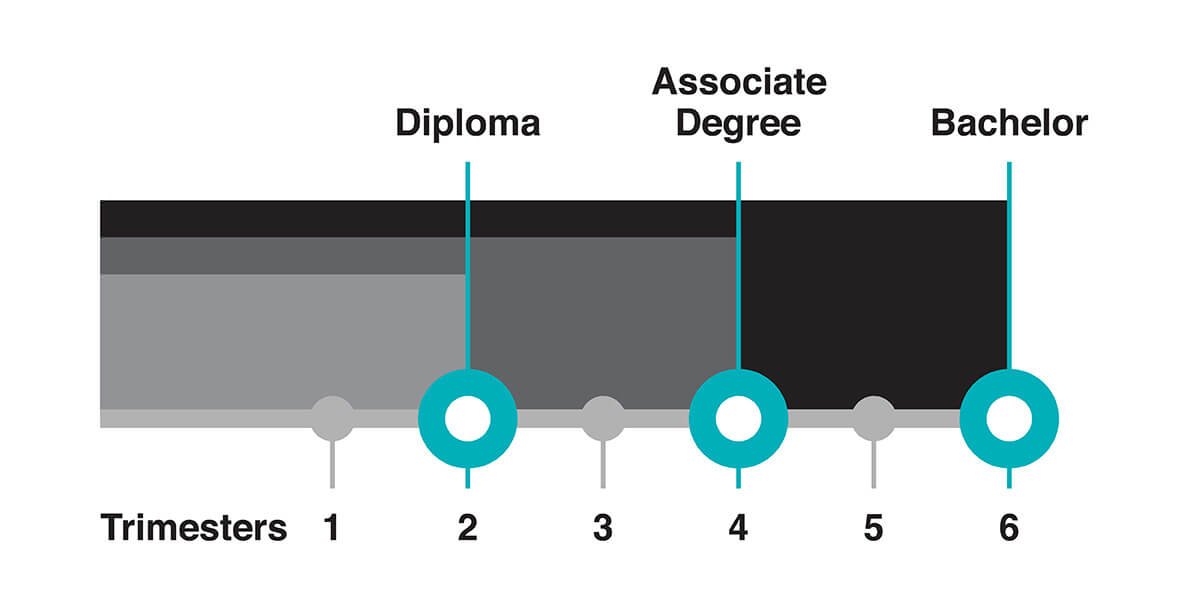
Develop your reflective, critical and analytical skills and abilities through an enhanced awareness and understanding of the purpose of tertiary education from a personal, societal and professional perspective. In class activities are used to prepare you with the skills and confidence to engage with a range of scholarly frameworks that you will encounter throughout your studies. You will explore the animation discipline through a team presentation, where you will develop group working, thinking and learning skills.
As a practice, drawing provides a core skill set for the expression of both concept and form. This unit introduces you to the concepts and methodologies of drawing using a variety of media with an emphasis on drawing from life, including anatomical studies and perspective techniques for environment and character construction.
The unit is an introduction to the general practice of drawing and rendering and specifically helps to scaffold further learning through support for developing sketch-based visual production skills & knowledge.
Take a practical first look at modeling, lighting, shading, animation, and rendering to gain a holistic, foundational understanding of computer graphics.
This unit will involve using industry-standard software such as Autodesk 3Ds Max, Maya, and Blender. The practical and theoretical knowledge of 3D production pipelines acquired in this unit will act as a foundation for successive animation units.
As the name suggests this unit provides you with an introduction to animation. You will apply the theoretical underpinnings of animation processes via a range of practical explorations and critical analyses. This will provide you with a solid understanding of animation principles and methods that will form the foundation of successive animation units.
This unit will introduce you to the mindset and skillset of the creative entrepreneur, and transform your approach to problem-solving. You will analyse historical and contemporary models of leadership and best practice in entrepreneurship, and use tools for project design that include ideation, problem framing, and pitching. The skills in this unit will assist you in developing your creative thinking, exploration, and experimentation methods, allowing you to experiment with project design and content for creative media.
In this unit, you will apply and build upon the foundational animation and computer graphics skills and knowledge that you have learned, to advance your skills via some in-depth, practical activities of 2D/3D character modeling and applied animation techniques.
By undertaking a series of iterative tasks, your static models will become talking moving characters and you will develop the skills and knowledge required to showcase them effectively.
ANI175 "Cinematography Previs and Animatics" unit is designed to provide students with a comprehensive understanding of visual storytelling and composition principles and the practical skills to communicate intended narratives effectively through pre-production materials. Students will learn to utilise industry-standard pre-production software tools to create previsualization sequences, enabling them to simulate camera movements, pacing, and shot composition. Through hands-on exercises and project work, students will develop the necessary expertise to produce high-quality previs and animatics, essential elements in modern filmmaking and animation pipelines.
You will be introduced to the theory and principles of storytelling across a range of contemporary creative media contexts, which will then be applied to the creation of storytelling documents appropriate to your discipline. Theoretical approaches to plot, structure, character, story world, theme and genre will be explored and applied to a range of story development tools to engage your audience. Feedback processes and reflection are essential in the development of engaging stories, and you are expected to document your process and feedback from your facilitator and peers.
In CIM210 you will be working on interdisciplinary projects that relate to some of the most important concepts in contemporary media production. You will learn practical and analytical skills in order to help you develop your creative powers and meet briefs that take you out of your comfort zone. You will need to bring all of the skills you have learned so far: technical skills, research skills, communication skills and a growth mindset, and be prepared to encounter new concepts and new ways of working.
Media and culture are not simply entertainment, but something that affects the “real world”, our everyday lives, and our worldviews. As such, we will not ask whether media accurately reflect the real world but instead ask how media shape, reinforce, and challenge power structures that influence our understanding of the world and ourselves. This unit takes a ‘critical theory’ approach to analyze media and culture. In this unit, you will explore media texts, contexts and meaning, society and subjectivity, pop culture aesthetics, and critical cultural discourses that inform creative media practices.
Drawing on a range of creative content and analytical frameworks, you will be encouraged to develop ways of thinking about media and culture that demonstrate a broad awareness of aesthetic principles and stylistic trends; subjectivity, agency, ethics, and relations of power; contexts, disciplines and discursive formations. In support of this exploration, you will produce a range of media artifacts that explore and contextualize the relationship of media to culture through individual analysis, collaborative and interdisciplinary creative practice, and critical reflection.
In this studio unit, you will work collaboratively on a series of projects, set by briefs and led by your Facilitator. In collaboration with your your classmates, you will work towards developing several projects within a simulated studio environment with your Facilitator acting as your project manager, executive producer, mentor, and colleague.
Emphasis will be placed on advancing your development of intermediate animation production through conceptualising, planning, and executing rapid animation productions, short films and contributing towards a portfolio.
Working to a clear timeline, you will explore a range of skills and workflows in collaborative, cross-disciplinary, and individual work. This includes focusing on the creative, technical, and project management aspects required for completed animation production. Teamwork, collaborative skills, and engagement with specific feedback processes are emphasised in this unit, as you further refine and reflect on a set of Transferable Skills.
In this studio unit, your facilitator will lead you through a series of project briefs. You will work in collaboration with your peers to develop several project milestones within a simulated studio environment. Your Facilitator will act as your project manager, executive producer, mentor and colleague. The emphasis in this module is on the further development of your fundamental animation production skills including conceptualising, planning and executing rapid animation productions and short films. Working to a clear timeline, you will explore a range of skills and workflows in collaborative, cross-discipline and individual work practices. This includes a focus on the creative, technical and project management aspects required to complete animation productions. Teamwork, collaborative skills and engagement with specific feedback processes are emphasised in this module, as you further refine and reflect on the related Transferable Skills for this module.
ANI215 Technical Animation and Rigging
ANI215 Technical Animation and Rigging is a practical course designed to develop or extend skills in rigging and animation. You will encounter a range of concepts and strategies related to the production of functional and user friendly rigs, utilising different approaches to develop projects in response to various scenarios. Through short exercises and guided instruction, you will gain an introductory understanding of rigging and animation concepts, focusing on problem-solving and adapting to specific animation needs.
Following an industry model, students will be tasked with rigging pre-existing meshes to conform to designated animation standards. The course underscores the significance of grasping rigging fundamentals. Ultimately, the objective is for students to demonstrate their comprehension of rigging and technical animation principles by adeptly addressing varied project specifications, irrespective of the software utilised. Objectives and project requirements are not confined to any particular software platform.
ANI219 Concept Art
In ANI219 Concept Art, you will learn about the practice of visual storytelling. Your goal as a concept artist, is to express an idea with clarity and detail enough to engage the audience to want to know more about the world depicted. As much as concept art is about imagination and creation, it is also a discipline focusing on iteration and efficiency. In this unit, you will gain a fundamental understanding of the production and implementation of concept art into the pipeline of many different productions. You will learn about illustration and the creative and technical production of digital images. Working by hand and digitally you will explore a range of drawing techniques and tools including processes of iteration and refinement.
This is the first unit in a two-part process of developing a collaborative project, designed to meet professional publication standards. In a group, you'll design and execute a full-scale creative project which will be designed to a specific target audience and market of your team's choosing.
Working closely with SAE Project Supervisors, your project will be guided through formal pre-production and production processes to deliver a creative media project. If you are undertaking a specialisation in your course, you will be required to align it with this capstone project as part of the approval process.
This unit is designed to support the pre-production process, long term success of the project and the fair and equitable contribution of group members. You'll present to the panel your forward plan for the project, which demonstrates rigourous pre-production processes to mitigate risk to ensure the project can be delivered on time and to specification.
Once you successfully complete this unit the emphasis of the capstone project development will move away from pre-production into full production mode.
In this studio unit, you'llll continue to consolidate and advance a broad range of animation skills in a self-devised specialisation projects with mentorship from your facilitator.
These projects may range from testing ideas and techniques for future animation productions, in addition to exploring cross-discipline projects.
You must demonstrate your ability to creatively and pragmatically scope a production brief with assistance from your facilitator, clearly establishing your aims for the project, and engage in sophisticated feedback processes. You are expected to begin to identify and emulate current industry practices and trends in order to compete as industry professionals. Team work, collaborative skills, research skills, and engagement with specific feedback processes all continue to be emphasised in this unit, as you further refine and reflect on a set of Transferable Skills.
The aim of this unit is to introduce you to the core business structures, management frameworks and marketing strategies used by contemporary creative professionals. You will discover the key behaviours and practices of successful creative business people and the business principles they implement – strategies you can use in your own professional practice. This knowledge will assist you in effectively exploring your creative business niche, encouraging you to develop and operate as a sustainable professional within your chosen media field. Through an examination of marketing strategies and processes, you will be able to identify and target specific consumers and markets. You will then research and develop a product- or service-based business that meets the demand within these target markets. You will also develop fundamental marketing, promotional, communication, and financial skills essential to running a creative media business as well as exploring start-up methodologies and structures within the creative industries.
The transition from study to work is an important step for you as an emerging professional in the creative industries. Work Integrated Learning provides you with a professional experience opportunity that both complements and further deepens the skills and knowledge you have gained from study. Throughout your studies you have had to learn on the job (in projects), focus on building strong relationships with people, develop strong communication skills, and use a range of transferable skills. During your work placement you will put this knowledge and skill set into action in a real-world professional workplace. This is a valuable opportunity to gain experience in a professional setting and further develop your job-readiness. The Work Placement requires a minimum of 80 hours at one or more host organisations. Both the student and the host are required to complete an SAE Agreement that formalises the placement. Work placements can only commence after Stage 1 of your Bachelor course has been completed, and only upon successful completion of CIM151/ CIE152 and approval from the local Industry Liaison Coordinator (ILC). If approved by your ILC, you may undertake a work placement before official enrolment in CIU310/CIM310, and ‘bank’ the work placement hours.
The Work Placement Handbook outlines in detail the assessment tasks and obligations of students and hosts. Attendance in this unit also includes a minimum of nine hours of class time for the delivery of unit information and development of documentation. All elements must be successfully completed to the defined standard to receive a Pass.
Certificate
A certificate course serve as an introduction to an area of the creative industries. Potentially a small number of principles or specific skills can be covered during the course. A certificate can also provide broad contextual learning in the creative industries.
Certificates are a great way to gain an introduction to a field of study or learn a skill. Certificate courses can add to your knowledge and your career.
Diplomas
A diploma is niche skills focussed. By undertaking an SAE diploma in animation, audio, film or games, you will develop foundation skills in these specific discipline areas. Students can use the SAE diploma as a pathway to degree level study at SAE and at other Australian tertiary institutions.
Diplomas are a great option for people who haven’t studied before and/or those looking for an alternative pathway to degree level studies.
Associate Degrees
An associate degree offers a combination of niche skills combined with a greater depth and breadth of theoretical knowledge and analytical skills. An associate degree offers portable skills and develops sustainable, lifelong learning.
Students can use the SAE Associate Degree as a pathway to degree level study at SAE and at other Australian tertiary institutions. SAE associate degree courses attract Fee-Help for Australian students.
Bachelor Degrees
A bachelor degree offers a rigorous combination of niche skills combined with a greater depth and breadth of theoretical knowledge and analytical skills. This knowledge is applicable to both your creative media discipline and the professional world more broadly.
A bachelor degree offers you an entry point to professional work, builds portable skills, and develops sustainable, lifelong learning. Key high learning skills are a requisite of the bachelor degree and graduate study options are available upon completion.
Bachelor degrees are suitable for people looking to develop professional skills and knowledge and to build long-term, successful careers in their industry of choice. SAE bachelor degree courses attract Fee-Help for Australian students.
FEE‑HELP* is an Australian Government loan scheme that assists eligible fee paying students pay all or part of their tuition fees. It cannot be used for additional study costs such as accommodation or text books. The total amount of FEE‑HELP a person can use is known as the ‘FEE‑HELP limit’.
Once a person begins using FEE‑HELP, the amount of FEE‑HELP they have left to use is known as their ‘FEE‑HELP balance’.
* Terms and conditions apply. For the latest updates regarding FEE-HELP please refer to sae.edu.au/fees
CREDIT AND RECOGNITION OF PRIOR LEARNING
SAE may recognise your prior learning and may grant credit towards satisfying the requirements for a higher-level program. This is applied where previous learning is considered equivalent to the content and learning outcomes prescribed for units within the program.
For full details, please refer to SAE's policy on recognition of prior learning and credit transfers.
